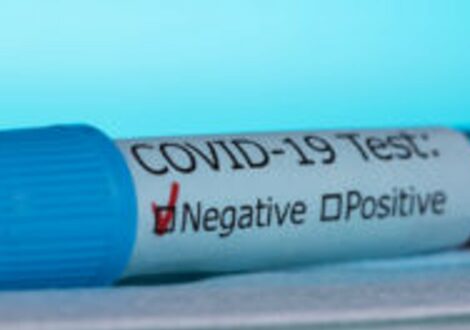
On the 12 November 2021, the Danish government entered into an agreement with the Trade Union’s Main Orgainsation (FH) and the Danish Employer’s Association (DA), which gives employers the right to request a valid corona pass from employees.
The new tripartite agreement is intended to give employers the legal right to require employees to show a valid corona pass at the workplace. The Government will now request the support of the other political parties for approval of the agreement and the urgent implementation of the agreement into legislation.
This follows on from the temporary emergency legislation that was enacted at the beginning of November 2020, which gave employers the right to require employees to be tested for COVID-19 and to be informed of the result. This legislation was a temporary measure, which was repealed on 1 November 2021. As reported in our previous article, this meant that employers as of 1 November 2021, could no longer request that employees be tested and be informed of the result.
In connection with the tripartite agreement, the government, FH and DA have agreed to recommend to parliament that the previous law, repealed on 1 November 2021, be reintroduced, so that employers again have the opportunity to demand that employees be tested.
The government, FH and DA have also agreed that the rules should apply as long as covid-19 is categorized as a socially critical disease.
Acting Minister for Employment and Gender Equality Mattias Tesfaye made the following statement about the new tripartite agreement:
– I am very happy that in a short time we have made an agreement that can provide greater security in the workplace and hopefully help Denmark get through the winter as well as possible. We must continue to take good care of each other, and I would encourage people to get vaccinated. I would like to thank FH and DA for a constructive short consultation and sharing responsibility, as so many times before during the pandemic.
The text of the agreement (in Danish) can be read in its entirety via this link: here
It is a matter for the individual employer as to whether they want to take advantage of the new rules.
The Specific details regarding the agreement will be set out in the legislation and Mette Klingsten will provide further guidance on this once the details have been announced.
However, employers should give consideration as to whether they will implement a requirement for a coronapas as part of the obligation to ensure that employees have a safe working environment as well as taking responsibility for reducing the risk of infection in society as a whole.
If you have any questions about the new agreement or require more information, please contact Mette Klingsten Law Firm at mk@mklaw.dk or on telephone number +45 3144 0103 .



Thanks to the following contributors to the website: Steen Evald (photograph), Stine Heilmann (photograph), Count Pictures (video), Kunde & Co. A/S (design), WeCode A/S (coding)